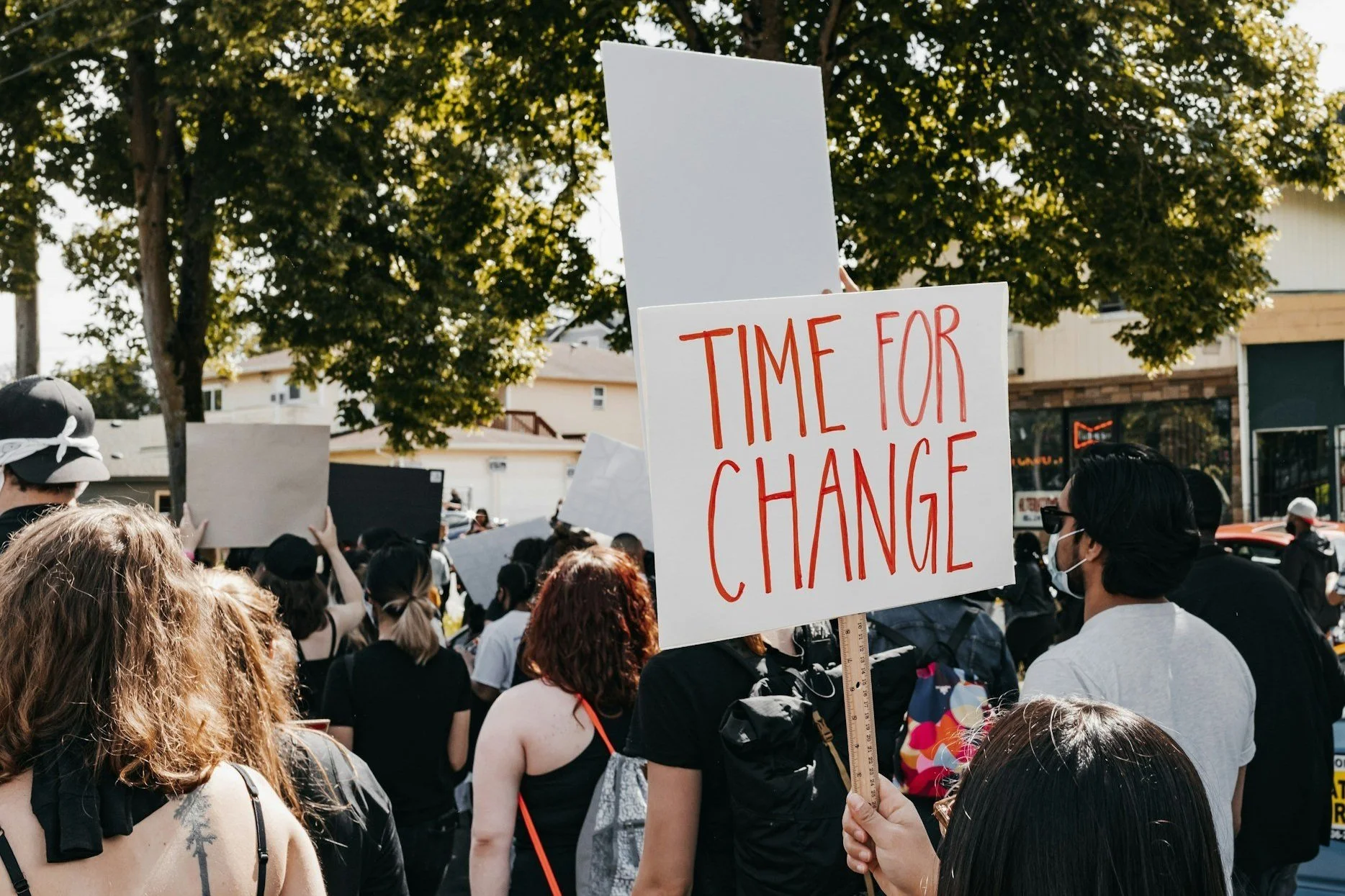Americans Elect A Convicted Felon As President For The First Time In History
Source: Squarespace/ Unsplash
The Result
In a shocking turn of events, former President Donald Trump, a polarizing figure and convicted felon, has secured a victory in the 2024 U.S. presidential election against Democratic candidate Kamala Harris. Despite the hurdles and controversies that defined his campaign, Trump managed to rally a diverse coalition of voters, turning the election into one of the most closely watched and divisive in American history.
Trump’s campaign faced unprecedented challenges. Convicted of charges that many assumed would halt his political comeback, Trump continued to gather support among his devoted base and others disillusioned by the current state of affairs. From his rallies, which drew massive crowds across the country, to his savvy social media strategy, Trump succeeded in reigniting the populist fervor that initially brought him to power in 2016.
Many analysts predicted that Trump’s legal issues would dissuade moderate voters. However, his appeal proved resilient, and he focused his messaging on economic recovery, national security, and what he framed as a fight against a “weaponized” justice system. His message resonated with Americans feeling left behind by recent policy changes and frustrated by perceived government overreach.
Source: Squarespace/ Unsplash
Kamala Harris: A Formidable Opponent
Vice President Kamala Harris entered the race as the presumptive Democratic nominee, carrying forward the policies and legacy of President Joe Biden. Her campaign centered around building on Biden’s achievements, from healthcare and environmental protections to social justice reforms. Harris, the first woman of color to serve as Vice President, was expected to bring a historic second term to the Democrats with a platform highlighting progressive values.
Despite her experience and high-profile career, Harris faced challenges of her own. Many voters remained wary of her close association with the Biden administration, which had been marked by economic turbulence and polarization. While Harris energized the Democratic base, she struggled to connect with independents and swing voters who were increasingly gravitating toward Trump’s promises of change.
Source: Squarespace/ Unsplash
A Nation Divided
The election became a referendum on America’s direction. Trump’s slogan, “America First,” signaled his intention to shift the nation’s trajectory sharply, promising to undo recent progressive changes and return to a platform of economic nationalism. Harris, meanwhile, aimed to convince voters that a steady hand was needed, one that could continue leading America forward without the divisive rhetoric of Trump’s earlier years in office.
The election’s final days saw record-breaking voter turnout, with Americans turning out in droves to cast their ballots. Trump’s campaign benefited from a surge in rural and suburban turnout, while Harris enjoyed strong support in urban areas and among young voters. However, Trump’s margin of victory in key battleground states ultimately led him to victory in the electoral college.
Donald Trump’s re-election was also largely backed by voters who, despite being from communities that his policies actively threaten, supported him due to a combination of misinformation and a lack of awareness about his track record. Women, LGBTQ+ individuals, African Americans, immigrants, and other minorities who voted for Trump often did so without understanding the full implications of his proposed policies on their own rights. Many were influenced by misleading narratives about economic stability or crime reduction, spread through targeted campaigns that played on their fears rather than facts. These groups now face a future where rights to marriage, reproductive health, and protections for immigrants are on the line, as Trump's administration seeks to deliver on promises to undo key civil rights advancements. For many, this vote was less about a calculated decision and more a reflection of vulnerability to Trump’s divisive messaging and lack of factual political education.
Source: Squarespace/ Unsplash
The Path Forward
As Trump prepares to re-enter the White House, the nation remains sharply divided. His supporters celebrate his return as a triumph over a system they believe was designed to shut him out. Conversely, many are concerned about the implications of having a convicted felon in the highest office and the potential strain on democratic institutions. Harris has graciously accepted defeat but has emphasized the need for continued progress and unity in the face of growing division.
With this election, the U.S. has entered uncharted territory, as the world watches to see how Trump’s unconventional presidency will shape the country. The only certainty ahead is that his return will mark another chapter of intense political, cultural, and economic debate in a deeply divided America.
This draft can be expanded with more details on the key states, voter demographics, or specific campaign strategies used by each candidate. Let me know if you’d like any additional angles or details.





